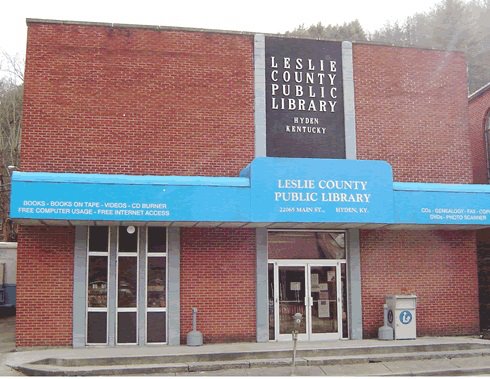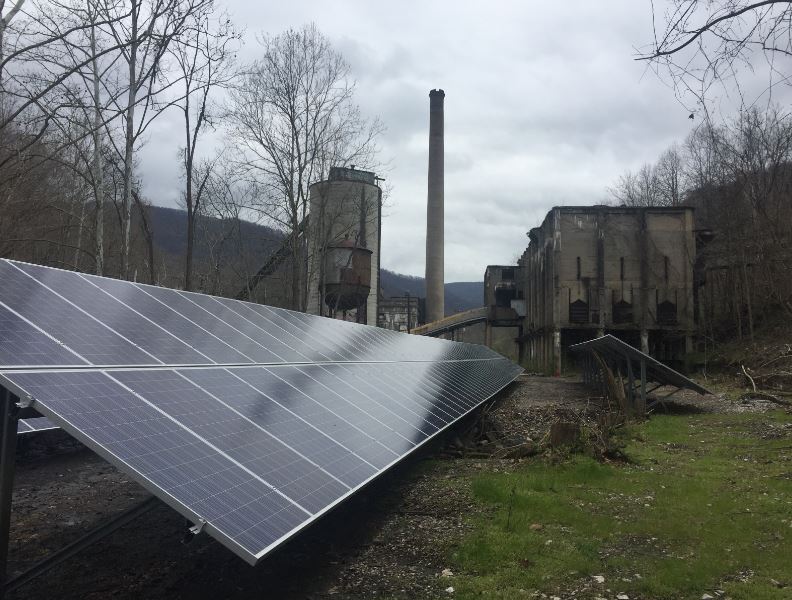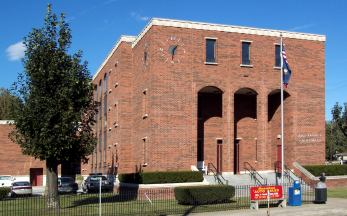Local governments across Eastern Kentucky are beginning to prepare for big impacts to their budgets with the decline of various tax revenues as a result of the COVID-19 crisis.

According to a recent Herald-Leader article, occupational taxes represent about a third of Laurel County’s budget. In Pulaski County, they are preparing for an occupational tax revenue decline of 20 to 25 percent. Hazard, the county seat of Perry County, is looking at a major decline in occupational tax revenue in their next financial quarter.
“We’re very concerned,” Donald Mobelini, mayor of Hazard, told the Herald-Leader. “Nobody’s really looking down the road, but I think all cities will struggle over occupational tax. You’ve got more people unemployed now than there have ever been.”
This crisis comes after years of tightening their belts. As the coal industry fell into collapse in 2012, coal severance tax revenue also fell, causing many communities to struggle to provide basic services like emergency medical transport, senior services, and critical infrastructure updates to crumbling water systems and roadways. In Perry County, in the first three quarters of Fiscal Year 2020, the county received about $239,000 in coal severance compared to more than $2 million in the first three quarters of Fiscal Year 2010. For years, cities and counties have used these coal severance taxes to avoid major rate increases for public services or raising taxes.
“We were already on the edge of even functioning as a county. Now, we’re falling. I hate to say that this is our second pandemic, but in a way we’ve already went through one where we lost everything we had,” Perry County Judge-Executive Scott Alexander told the Herald-Leader. “As this money goes down it will impact all aspects of government.”

While there will have to be many considerations in figuring out how to make up additional gaps in revenue caused by COVID-19, one place where some local governments are saving is on their electric bills. MACED’s energy program has been working with local governments for years on energy efficiency and solar projects to help them upgrade their lighting, improve their HVAC, and install solar panels.
Hyden City Hall in Leslie County upgraded their lighting to LED and is now saving more than $1,000 a year on their Kentucky Power bill. The Leslie County Public Library is saving more than $3,000 a year with their LED lighting upgrade. The City of Lynch in Harlan County installed solar panels at their water and wastewater treatment centers to save about $4,500 a year.
Some have found savings without anyone spending a penny by correcting errors on their electric bills. The Elliott County Senior Citizens Center is saving $1,100 a year through a rate-class change and canceling the sales tax that was being erroneously assessed. The Letcher County Public Library received a $2,280 refund of overpaid sales tax. And the Lee County Courthouse is saving more than $20,000 a year after correcting how they were being charged for part of their Kentucky Utilities electric service.

Over the last few months, MACED has been working with Elliott County Judge-Executive Myron Lewis on energy efficiency audits and solar assessments on six of their buildings. MACED has also been helping with an audit and solar assessment on the Owsley County Recreation Center.
Even if no billing errors are found, a billing analysis shows how buildings are using electricity and can point to simple changes that can be made to reduce usage, or even uncover larger issues. For example, a billing analysis of a non-profit in Barbourville revealed that they were paying to run an expensive electric furnace that they didn’t need. It will also let local governments see exactly what taxpayer dollars are paying for when they pay their electric bills.
MACED stands ready to help any other local government that would like to see how they can save on energy bills. Even though the COVID-19 pandemic prevents MACED from doing on-site energy audits at the moment, we can still complete billing analyses to check for errors, and do desktop solar assessments for free.
Get started today by filling out an application here. Please contact Carrie Ray at carrie@mtassociation.org with any questions.





